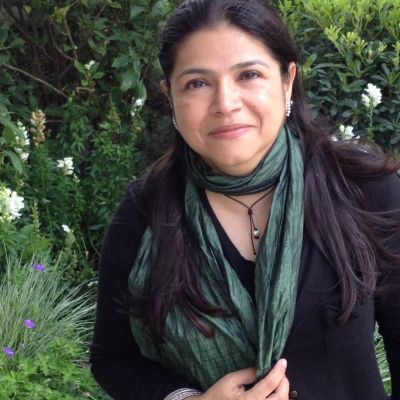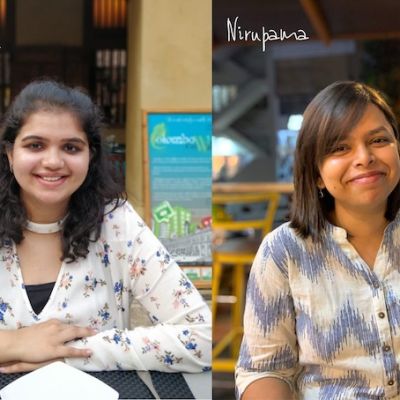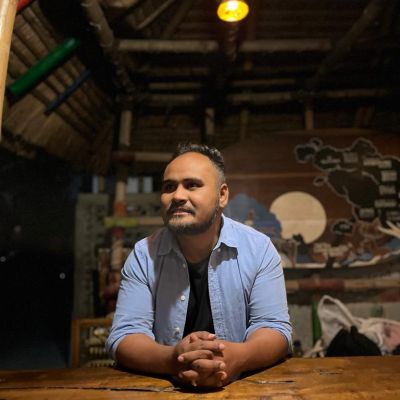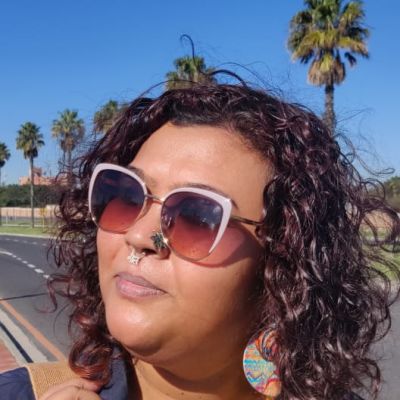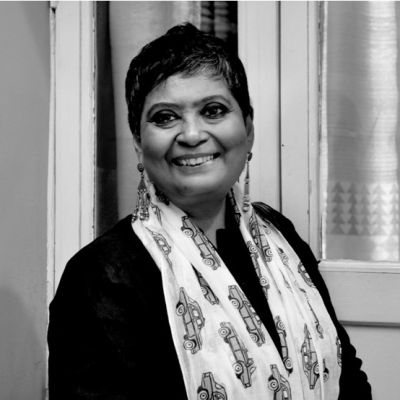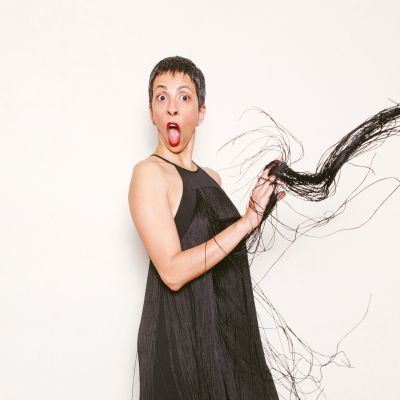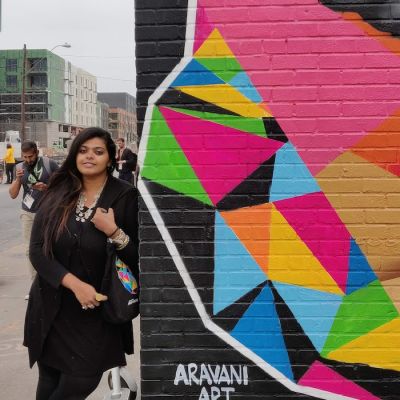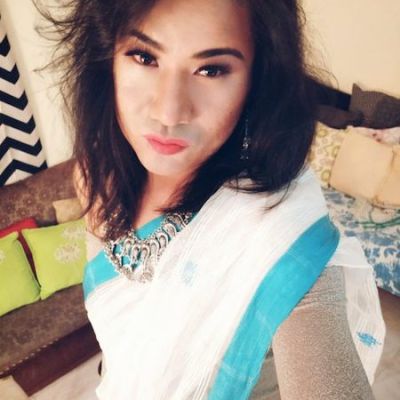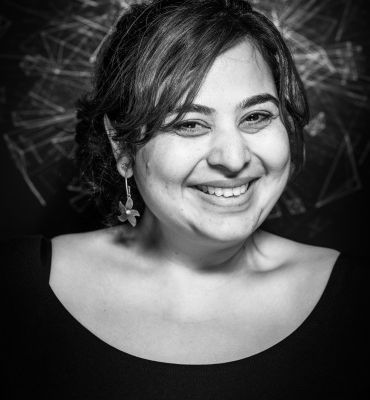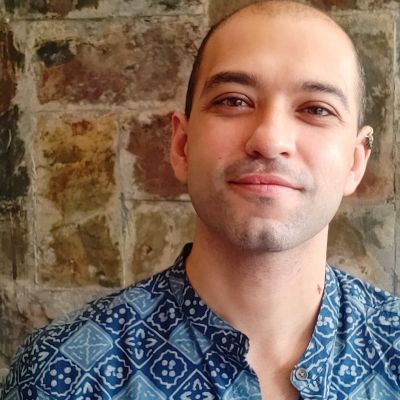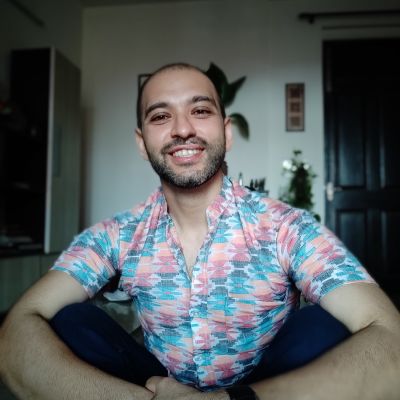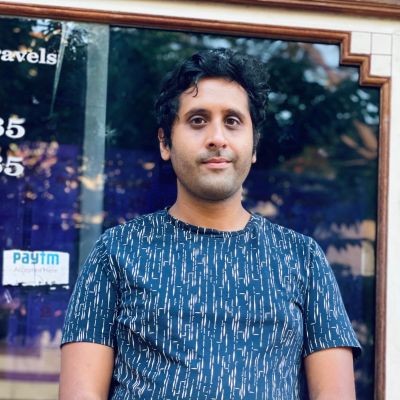Interview
But what has been amazing to witness is how quickly young women in particular, took to the ideas of Why Loiter? and pushed them even further, creating new movements to expand women’s rights to the public, including the right to be out late at night, to stretch the curfew at women’s hostels, to demand extended access to women’s toilets, to public transport etc.
Sadhana Chathurvedula and Nirupama V have been exploring the phenomenon of Hallyu, the popularity and fan following of Korean entertainment…
When we are talking about the theme of embracing equity we can see sports as a neutral space that has the potential to be a space where everyone can connect, together, without language, and without the domination of any community over another.
Rituparna Borah is co-founder and co-director at Nazariya: A Queer Feminist Resource Group based in Delhi. Currently a fellow of…
Ritambhara Mehta is with Nazariya, a Delhi-based queer feminist resource group. Nazariya works on issues of gender and sexuality with a focus on issues of queer women and trans* persons.
See, whenever people speak about sexuality, they speak of violence; that seems to be the only recognised form of sexuality in the lives of people with mental health conditions. But there are so many happy, sexy, lovely, delicious stories in there.
Self-care is influenced by the environment we inhabit, the way we relate to others, the way we negotiate with other living beings or structures. Self-care is also interlinked with other types of care – whether that is in community resources, psychosocial support, engagement with medical and health care institutions, and of course in collective agency and solidarity.
Self-care is influenced by the environment we inhabit, the way we relate to others, the way we negotiate with other living beings or structures. Self-care is also interlinked with other types of care – whether that is in community resources, psychosocial support, engagement with medical and health care institutions, and of course in collective agency and solidarity.
I think we are still in a trap of a heteronormative, youth biased, light skin biased, sizeist, ableist culture and until we consciously snap out of it we are throwing a cloak over a human being’s ability to really find what their sexuality even looks like.
We advocate the idea of reclaiming spaces in society by creating large wall-mural projects to raise awareness and to create a voice for the community. We are now finding more innovative ways to engage the community to come out in public spaces, also using the Internet and social media, to feel confident, safe and a sense of belonging.
Pavel Sagolsem, self–described, is a storyteller, vagabond at heart and queer feminist by practice. Pavel is a founding partner of…
What we lack are digital spaces and infrastructures that are informed by the needs of their end users, that prioritise safety, comfort, joy and care.
As we grow older, moral codes, conventions of appropriateness and shame, and the utilitarian and income-focused education we get make us lose that stability. The idea of play to me is about bringing back that ability and comfort into the lives of people so that they can actually play.
Manak Matiyani, feminist and queer activist, experienced in facilitating youth leadership for social change, is the Executive Director of the…
So I am realising now that for me the space of borderlessness applies to everything. It applies to the physical and topographical border as it does to the borders we create between gender and their expressions. I think I would like to argue for a truly borderless understanding of the world.

